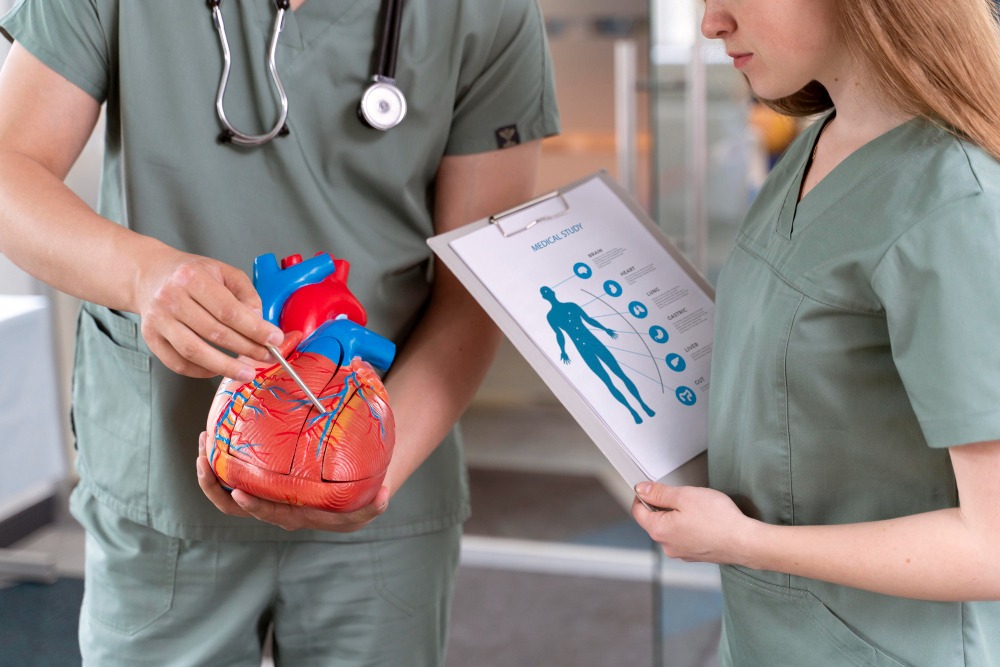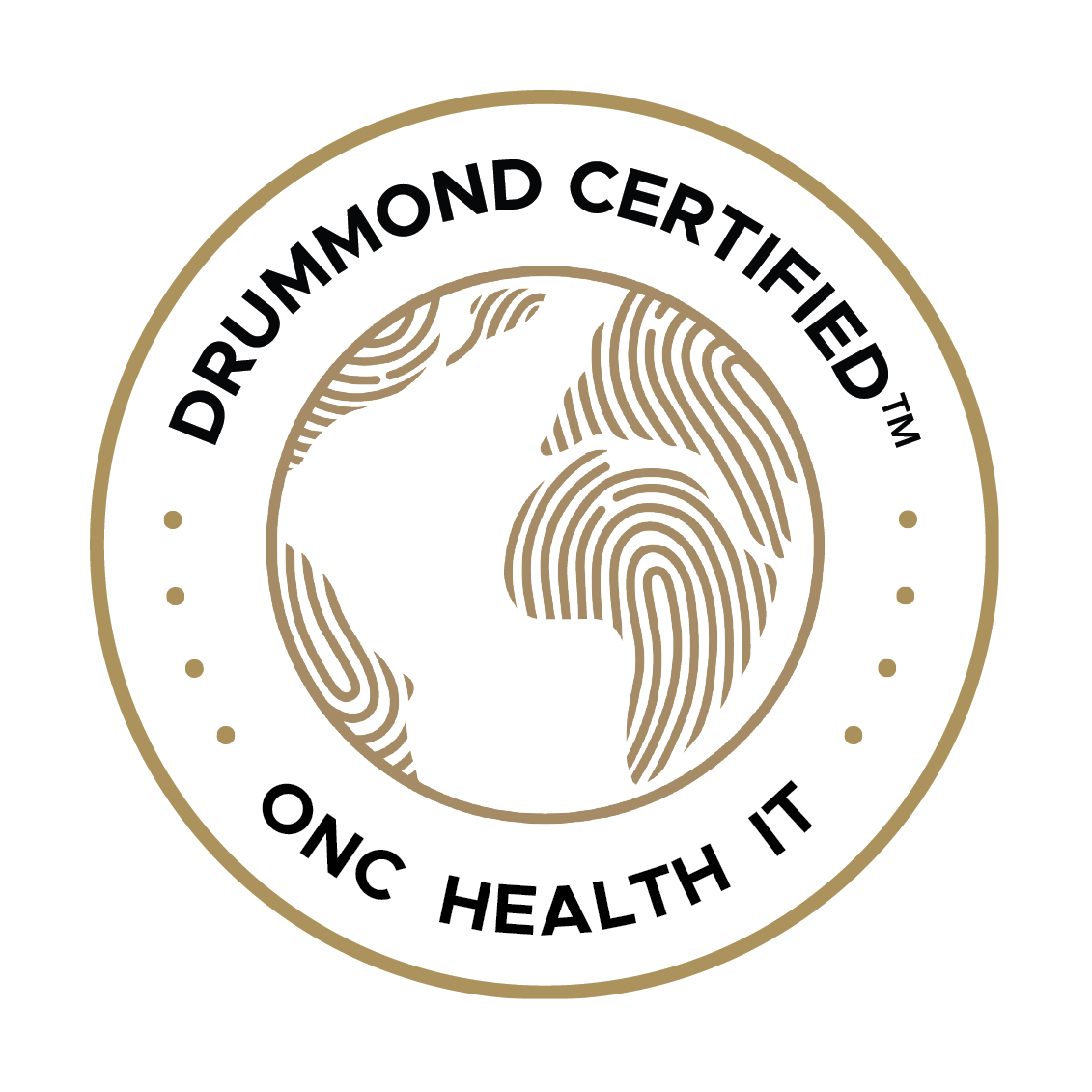Advancements in medical technology have revolutionized the diagnosis and treatment of heart diseases, which pose critical chronic conditions that, if left unattended, can have fatal consequences.
Through the utilization of early detection and screening technologies, healthcare startups are leading the way in developing predictive and analytical tools to accurately assess the risk of developing heart disorders.
Furthermore, the introduction of advanced imaging techniques has expedited cardiac diagnosis, facilitating comprehensive analysis of diagnostic images acquired from cardiac computed tomography (CT), magnetic resonance imaging (MRI), and electrocardiography (ECG).
Additionally, integrating smart point-of-care tests (POCTs) and digital health applications has notably improved clinical diagnosis, streamlining the monitoring and management of cardiac health in home and remote healthcare settings.
In this article, we will explore the top 10 trends shaping the future of cardiovascular medicine, highlighting the innovative technologies and approaches that are revolutionizing the field.
Medical Devices
Both traditional and emerging medical devices play crucial roles in advancing cardiac diagnosis.
Traditional tools like stethoscopes, blood pressure gauges, and electrocardiograms (ECG) are fundamental for standard diagnostic practices. However, emerging companies are enhancing these medical devices, offering user-friendly features and introducing innovations such as point-of-care ECG monitors, wearables, passive Holter monitors, and blood pressure monitors.
These advancements, alongside software enhancements, enable early detection of cardiac diseases, empowering healthcare providers to make evidence-based decisions and tailor appropriate patient care plans.
GEMMSOne seamlessly integrates with different medical devices. It works with advanced electrocardiographs and modern imaging systems, making data collection and analysis more efficient. This improves diagnostic accuracy and ultimately leads to better patient outcomes.
Artificial Intelligence
Artificial intelligence (AI) has revolutionized cardiac diagnosis by allowing for the analysis of extensive patient data to identify patterns and predict outcomes. This transformation extends to the use of machine learning (ML) algorithms developed by startups, which analyze medical imaging data such as ECGs, echocardiograms, and cardiac MRI scans.
These algorithms, trained on large datasets, recognize patterns and features associated with heart diseases. Additionally, AI models and algorithms analyze data from wearable devices, continuously monitoring parameters like heart rate and variability. This data enables the detection of heart disease symptoms and forecasts patients’ future risks of developing heart disease.
GEMMSOne seamlessly integrates AI-powered algorithms into its diagnostic workflows, optimizing decision-making for clinicians and ultimately improving patient outcomes.
Diagnostic Imaging
Diagnostic imaging techniques such as echocardiography and cardiac MRI provide detailed insights into cardiac structure and function. These methods, along with chest X-rays, cardiac computed tomography (CT), and magnetic resonance imaging (MRI), are crucial for diagnosing heart diseases.
Startups are developing image analytics solutions using deep learning technologies to improve patient outcomes. These advancements reduce errors in results and interpretation, offering insights into cardiac anomalies. They also speed up the diagnosis of cardiac diseases, facilitating early detection and care.
GEMMSOne, a comprehensive EHR and EMR platform, enhances this process by seamlessly integrating with imaging systems. Clinicians can efficiently upload and share imaging studies with other providers or specialists, ensuring collaborative care and informed decision-making.
Gene-Based Analysis
Predictive analytics is vital in reducing morbidity and mortality, with healthcare startups focusing on early risk prediction and disease detection.
Much of heart disease is linked to conditions like diabetes, obesity, or chronic kidney disease, and specific mutations in nucleic acids help identify them. Genetic testing and DNA sequencing improve the accuracy of predicting heart disease risk. Innovative algorithms analyze gene biomarkers to provide predictive insights and personalized patient therapy.
Additionally, genetic testing is increasingly used in cardiac diagnosis to identify hereditary cardiovascular conditions and guide personalized treatment strategies. GEMMSOne seamlessly integrates genetic testing results into patient records, allowing for a comprehensive evaluation and management of genetic heart diseases.
App-Based Heart-Monitoring
Healthcare monitoring uses digital health tools and software for home-based diagnoses, including heart issues. Companies are creating mobile health apps with AI/ML dashboards to continuously monitor vital signs like blood pressure, blood sugar, heart rate, and ECG. These apps help chronic heart patients monitor their condition and send alerts for abnormal readings, allowing for early detection of heart problems.
GEMMSOne’s patient portal lets patients communicate with providers, aiding remote monitoring and improving patient engagement.
Wearable Heart Monitoring
Remote health monitoring is rising, with wearables measuring vital signs in real time. Wearable heart rate monitors on the wrist or chest provide important insights into heart function, allowing users to spot potential issues and track treatment effectiveness.
Wearable devices like smartwatches and fitness trackers continuously monitor heart rate and activity, offering valuable data for spotting heart issues early. GEMMSOne integrates this data into patient records, helping clinicians use objective metrics for diagnosis.
Point of Care Tests
Point-of-care testing (POCT) quickly assesses cardiac biomarkers and other heart health indicators, aiding in prompt diagnosis and treatment decisions. These tests, performed bedside or at home near patient care, use technologies like quantitative strips and biochips for rapid results. GEMMSOne seamlessly integrates with POCT devices, improving efficiency and accuracy in cardiac diagnosis.
POCTs are crucial for diagnosing heart disease, especially in emergencies or areas with limited lab access. They enable early disease detection and treatment, reducing the need for invasive procedures like angiography. While not a complete replacement for standard procedures, POCTs are valuable for early disorder screening, particularly in regions with limited resources.
Heart Disease Analysis
Advanced analytics tools enable clinicians to analyze cardiovascular data comprehensively, identifying trends, predicting risk, and customizing treatment plans to individual patient needs. GEMMSOne’s robust analytics capabilities further support data-driven decision-making, optimizing heart disease management and outcomes.
Implantable Devices
Implantable cardiac devices, such as pacemakers and implantable cardioverter-defibrillators (ICDs), are crucial in managing arrhythmias and other cardiac conditions. GEMMSOne’s EHR software seamlessly integrates implantable device data, enabling clinicians to monitor device performance and adjust treatment strategies as needed.
Nuclear Cardiology
Nuclear cardiology techniques, including myocardial perfusion imaging and PET scans, provide valuable insights into myocardial function and blood flow, aiding in diagnosing and managing heart disease. GEMMSOne’s imaging module supports nuclear cardiology studies, facilitating comprehensive evaluation and interpretation of imaging findings.
How GEMMS EHR Interoperability and Integration Features Can Support Many of These Diagnosis Trends
GEMMSOne’s interoperability and integration features are crucial in supporting the evolving landscape of cardiac diagnosis. GEMMSOne seamlessly integrates with medical devices, wearables, and diagnostic imaging systems, providing clinicians with real-time access to comprehensive patient data.
This facilitates accurate diagnosis and personalized treatment planning. GEMMSOne’s analytics capabilities also help clinicians derive actionable insights from complex cardiac data, improving patient care and outcomes.
The future of cardiology is shaped by innovation, driven by advancements in technology, data analytics, and personalized patient care. It ultimately aims to improve outcomes and enhance the quality of life for individuals with heart-related conditions.
GEMMSOne’s comprehensive suite of EHR software, revenue cycle management, and practice management solutions is poised to support cardiology practices in embracing the latest diagnosis trends and delivering high-quality patient care. With GEMMSOne as their partner, clinicians can navigate the complexities of cardiac diagnosis with confidence and efficiency, ultimately improving patient outcomes and advancing the field of cardiovascular medicine.
Please contact us today to schedule a demo or to obtain more information.




